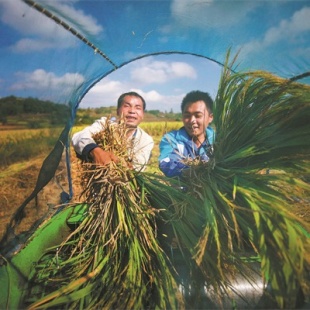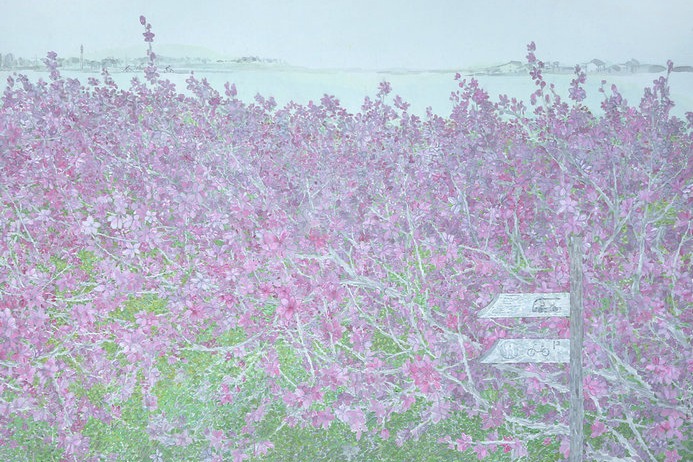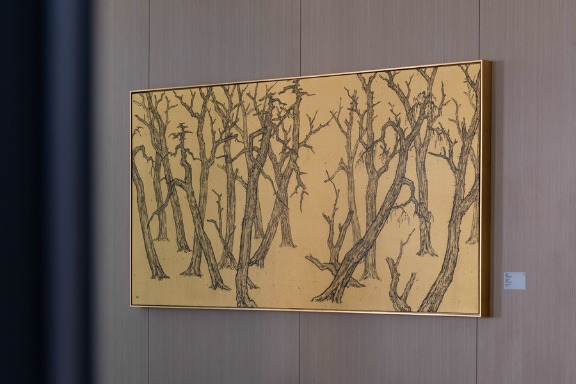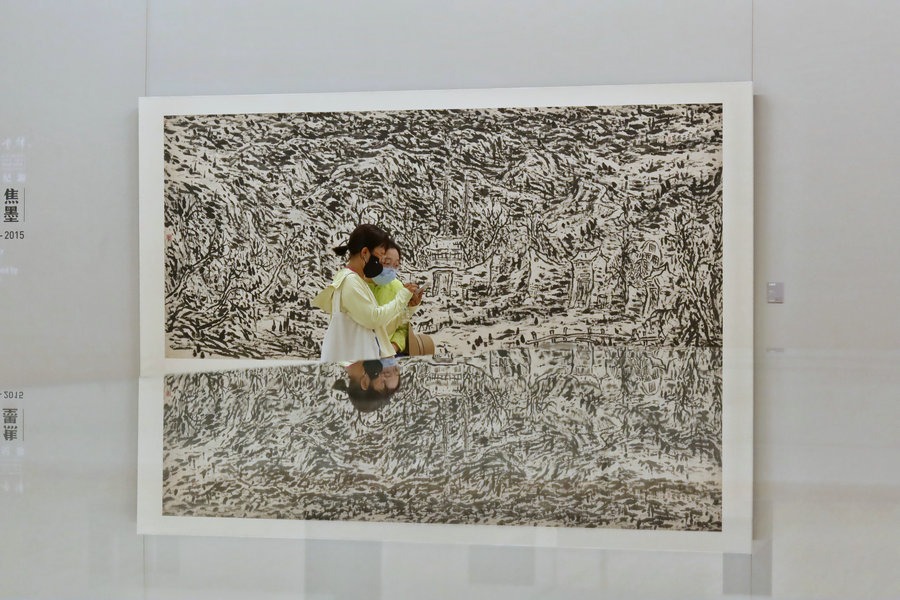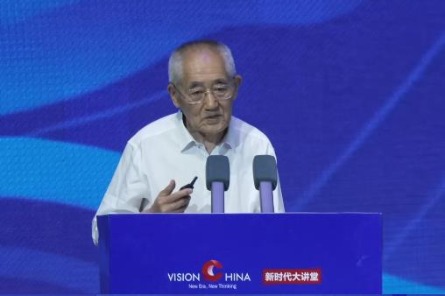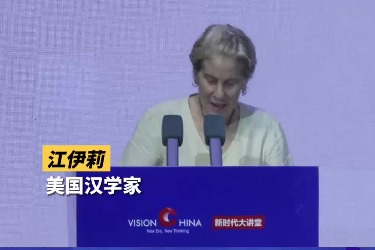A bountiful crescendo

In some regions, the custom of eating autumn vegetables is also popular. Qiu cai is a kind of wild amaranth, and it is believed to help cleanse the liver and intestines.
"It also conveys people's good wishes for peace, happiness and prosperity," says Zhao Yihuan, a student in Suzhou, whose mother persists in preparing her "autumn vegetables" on the autumn equinox.
"I grew up eating amaranth-filled wontons each year, and it is a taste that always lingers whenever I feel homesick."
The ancient Chinese paid special attention to maintaining their health on the day of the autumn equinox.
"On this day, Taoist practitioners tend to engage in fasting, allowing the body to rest in a clean and balanced state to protect the body and mind against damage caused by a busy schedule. Therefore, the spring equinox and the autumn equinox are two festivals that health experts pay special attention to, even to this day," Guo says.
Guo advises people to slow down on this day.
"We must make our physical and mental universe resonate with the wider universe, to achieve the unity of people and nature, and to replenish our vitality. It is very critical for our health. The ancient Chinese regarded harmony between people and nature as the highest state of health preservation."
Guo believes the autumn equinox is the perfect time to cultivate a sense of gratitude, awe and ritual in children, as well as an aesthetic imagination for the spirit of heaven and earth.


